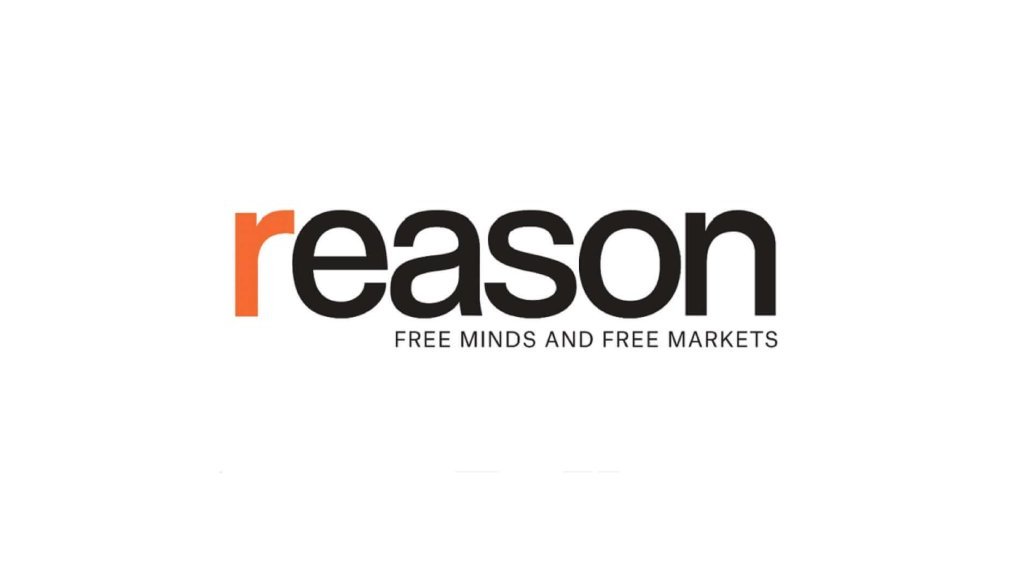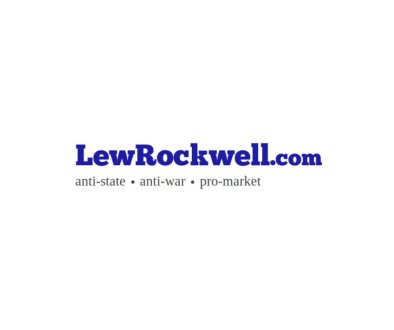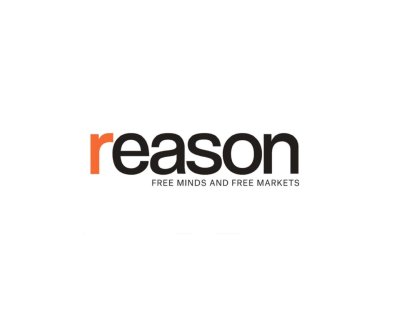State ‘Bias Response Hotlines’ Encourage People To Snitch on Their Neighbors for ‘Hate Speech’
By the end of this year, as many as 100 million Americans could live in a state where they can be reported to a “bias response hotline” for a wide range of protected speech. While states claim that these reporting mechanisms don’t punish people for non-criminal speech acts, many also claim to attempt to stop hateful speech incidents “before they occur.”
According to a recent report in The Washington Free Beacon by reporter Aaron Sibarium, these reporting systems allow people to “snitch” on their neighbors. Connecticut allows people to report “hate speech” they “heard about but did not see.” Vermont encourages citizens to call the police over “biased but protected speech.” Philadelphia actually directs people to give the names of alleged offenders so they can be contacted.
“If it is not a crime, we sometimes contact the offending party and try to do training so that it doesn’t happen again,” Saterria Kersey, a spokeswoman for the Philadelphia Commission on Human Relations, told Sibarium.
Oregon’s Bias Response hotline encourages citizens to report not only hate crimes, but also “non-criminal hostile expression motivated in part or whole by” someone’s protected identity. These incidents can include “hate speech,” “displaying hateful symbols or flags,” and “telling or sharing offensive ‘jokes’ about someone’s identity.”
What
Article from Reason.com

The Reason Magazine website is a go-to destination for libertarians seeking cogent analysis, investigative reporting, and thought-provoking commentary. Championing the principles of individual freedom, limited government, and free markets, the site offers a diverse range of articles, videos, and podcasts that challenge conventional wisdom and advocate for libertarian solutions. Whether you’re interested in politics, culture, or technology, Reason provides a unique lens that prioritizes liberty and rational discourse. It’s an essential resource for those who value critical thinking and nuanced debate in the pursuit of a freer society.



